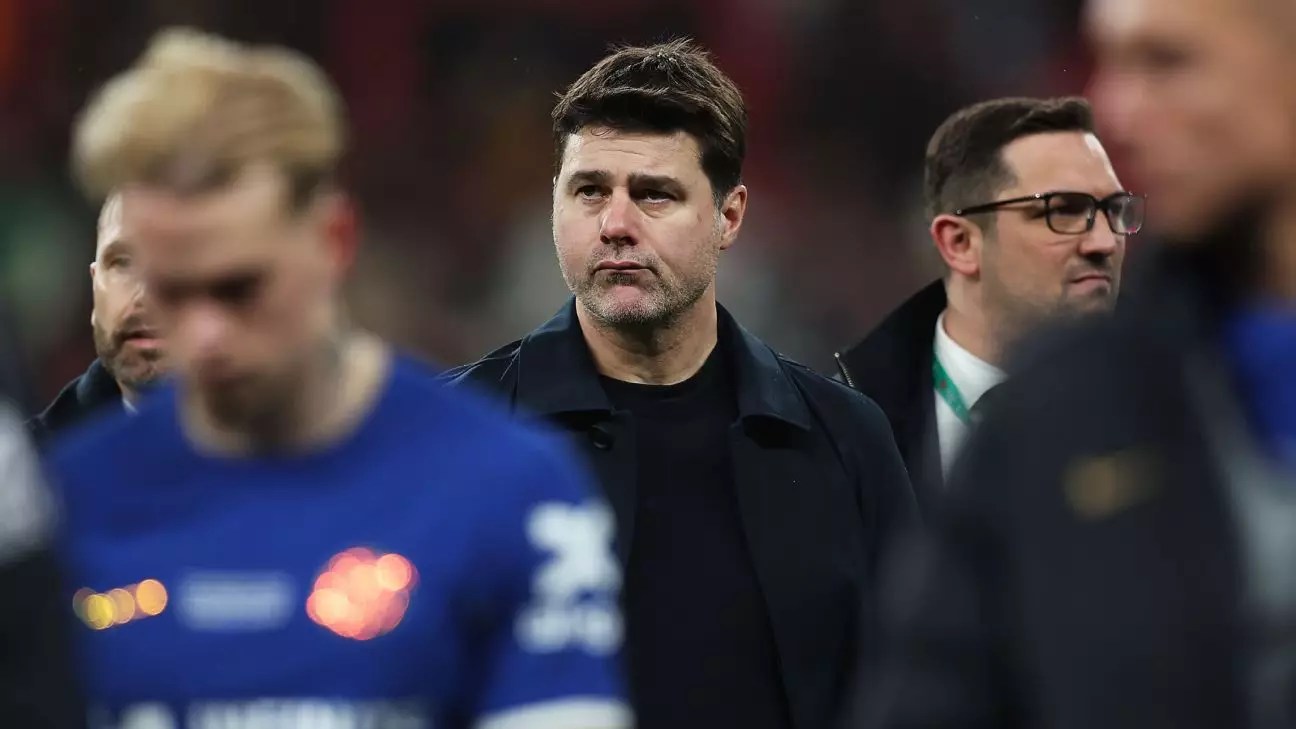Chelsea’s player of the year, Cole Palmer, had humble beginnings at Stamford Bridge. Despite initially not being in Chelsea’s transfer plans, Palmer proved himself to be a valuable asset with 22 goals and 11 assists in 34 Premier League games. However, the manner in which his signing came about raises questions about the club’s transfer strategy and the role of managers in player acquisitions.
The continuous turnover of managers at Chelsea highlights underlying structural issues within the club. The inability to provide sufficient support and stability for managers to thrive in their environment has created a revolving door of coaching staff. Despite significant investments in new signings and young talent, Chelsea’s inability to find a manager who can succeed within the existing framework is a cause for concern.
Chelsea’s preseason tours and training regimens have been met with criticism from managers, highlighting a disconnect between expectations and reality. Managers like Pochettino have faced challenges in adapting to the demands of the club, with limited input on transfer policies and a lack of unequivocal support from club owners and stakeholders. This lack of alignment between managerial vision and club strategy has contributed to inconsistent performances on the field.
The pressure to deliver immediate success at Chelsea has been magnified by fan expectations and the club’s history of pursuing victory at all costs. Managers like Pochettino have struggled to gain the support and patience of the fan base, leading to scrutiny and doubt over their tenure. The split in opinion among senior figures at the club reflects the ongoing challenges faced by managers in meeting the high standards set by the club and its supporters.
Chelsea’s performance on the field has been a mixed bag, with flashes of promise overshadowed by inconsistent form and disappointing results. The reliance on data analytics to inform strategic decisions has not always translated into on-field success, raising questions about the effectiveness of the club’s transfer strategy and player acquisitions. The inability to secure key players like Conor Gallagher due to financial constraints further highlights the challenges faced by managers in building a competitive squad.
The departure of Mauricio Pochettino marks the end of another chapter in Chelsea’s managerial saga. Despite efforts to provide an amicable exit, the underlying issues within the club remain unresolved. As Chelsea seeks its next manager, there is a need for a more cohesive and supportive structure that enables coaches to succeed and thrive in a demanding environment. Only time will tell if the club can find the right balance between ambition, stability, and success in the ever-evolving landscape of modern football.
Chelsea’s managerial situation reveals a complex web of challenges and opportunities that require careful consideration and strategic planning. The success of the club hinges not only on its ability to attract top talent and invest in young prospects but also on its capacity to provide a supportive and conducive environment for managers to excel. As the search for Chelsea’s next manager begins, there is a unique opportunity to address longstanding issues and chart a new course for the club’s future success.


Leave a Reply